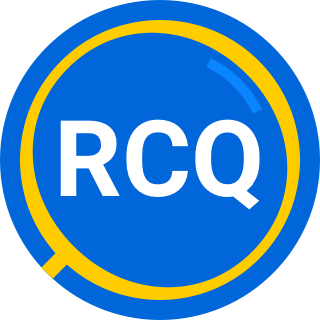Since the questionnaire relies on client self-report, all responses should be verified by the clinician, and a definitive diagnosis is made on clinical grounds taking into account how well the client understood the questionnaire, as well as other relevant information from the client.
If a person is designated to be at the Precontemplation stage, he or she must be considered as not ready for reduction in drinking. Clients at this stage are either genuinely unaware that their drinking is at hazardous or harmful levels or, if they are aware, are denying, to themselves and/or to others, that this constitutes a problem. Depending on the reasons why a person expresses a lack of concern over drinking, motivational interviewing may be an effective type of intervention here. For some clients in Precontemplation, however, probably all that can be done is to supply information about the dangers of excessive drinking - pamphlets, leaflets or other written information on limits for "safe" drinking - and wait until the client begins to feel and express concern about those dangers. Certainly, an overactive or unsubtle approach will drive clients in Precontemplation away.
Clients designated as being at the Contemplation stage can be thought of as being ambivalent or in conflict about their drinking. They can be seen as being engaged in an implicit "decisional balance exercise" in which the advantages and disadvantages of excessive drinking are being weighed against each other. In order to push these clients on towards Action, the "motivational interviewing" techniques pioneered by William R. Miller and his colleagues represent the ideal approach. It will probably be unprofitable at this stage to attempt to train clients in behaviour-change skills since they are not yet ready to cut down drinking. Indeed, a too action-oriented approach may be counterproductive in being seen as irrelevant and may lead to a retreat from the possibility of Action.
Those in the Preparation stage (where this stage is included in the assessment) can be seen as preparing to take action and as being engaged in setting appropriate goals and priorities. It may be necessary for them to make a firm commitment to carry out the course of action they propose to take and motivational components of an intervention, such as those applying to the Contemplation stage, are probably still relevant. On the other hand, such clients may need careful advice on the plan for action they are developing, steering them towards methods for behaviour change that are known to be effective and away from those the evidence suggests lead to relapse. But too precipitate a plunge into Action may be counterproductive if it occurs before plans have been fully developed.
If, however, the client is designated to have reached the Action stage, he or she can be considered as ready to learn new skills and this is where self-management techniques come into play. It may also be necessary to provide some instruction in relapse prevention and relapse management to prepare for the client's attempt to retain the gains that have been made when the Action stage passes into Maintenance.
It cannot be emphasized too strongly that the above recommendations are not at present based on research evidence from the alcohol problems field. Rather they are based on reasonable extrapolations from the stages of change model as to how a person's location with respect to the stages of change can be matched with optimal intervention approaches.
A further use of the questionnaire in practice is to assess any changes in motivation which have taken place during the intervention. This can be accomplished by giving the RCQ before and after brief intervention for excessive drinking.


